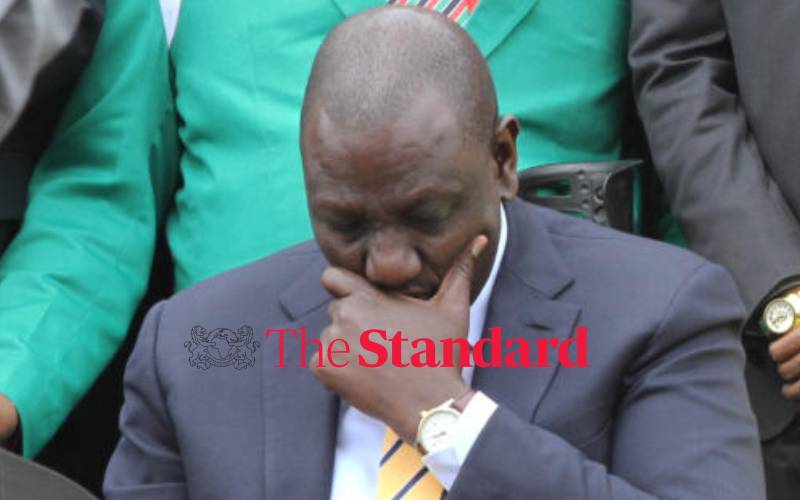×
The Standard e-Paper
Smart Minds Choose Us

Deputy President William Ruto. August 5, 2021. [Elvis Ogina, Standard]
The Court of Appeal upheld the illegality of the constitutional review process launched by President Uhuru Kenyatta and opposition chief Raila Odinga.